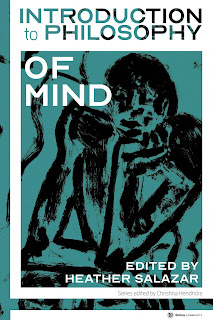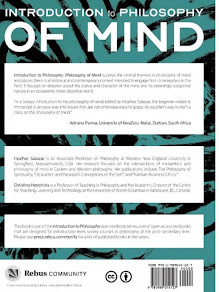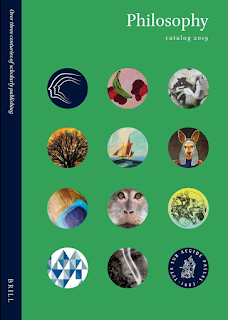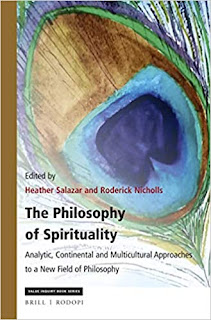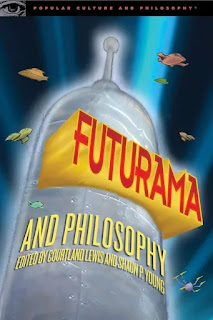My research focuses on a
cluster of related issues surrounding the nature, origin, and force of our
obligations to ourselves and others. Within this general domain, my current
work is on enlightened self-interest both within Western perspectives
(neo-Kantian ethical constructivism and philosophical psychology) and Eastern
traditions (Yogic philosophy and Buddhism). I argue that as people become
better acquainted with themselves and the world, that natural motivations for
caring about others often converge with philosophical arguments for governing
our relationships with respect, kindness, and love. I am also an artist, photographer, and yoga teacher. My original art is on the covers of a half dozen philosophy books.
AOS: Meta-ethics, East-West Comparative Ethics, and Business Ethics
AOC: Philosophy of Language, Philosophy
of Mind, Normative Ethics and Philosophical
Psychology
EDUCATION
Ph.D. Philosophy, University
of California, Santa Barbara, CA
B.A. Philosophy, B.S.
Psychology, Arizona State University, Tempe, AZ
 
Pictured is the cover and frontispiece (by Heather Salazar)
https://brill.com/view/title/37955
|
Creating a Shared Morality: The Feasibility of Ethical Constructivism
Brill
Publishing, 2021
This
book is devoted to discussing the potential of neo-Kantian ethical
constructivism. It in, I trace the history of constructivism and explain its
appeal as a compromise between the two primary theories of metaethics:
subjectivism and realism. I analyze the most developed and prominent version
of the theory, ‘Publicity as Shareability,’ advocated by Christine Korsgaard,
and explore the strengths and weaknesses of her arguments, the theory, and
its implications. I then develop my own version of neo-Kantian constructivism
which rejects several significant components within Korsgaard’s account.
Enlightenism is the result.
Enlightenism
resolves difficulties within constructivism and builds bridges between the
two traditional Western views of metaethics. It also employs concepts and
insights from Eastern philosophy (specifically Buddhism) to show how
constructivism can effectively resolve its apparent inconstancies. I argue
that selfish people, though not necessarily immoral or irrational, would be
more whole and enlightened if they understood themselves as interdependent
with others in the world. Constructivist enlightenment, which is the result
of a thorough understanding and dedication to the discovery of oneself and
one’s innate interdependence on others, implies that morality is not a set of
principles imposed from outside of oneself, nor does it require people to
relinquish their freedom and diversity. Enlightenism emerges as an East-West
constructivist theory with a robust sense of moral obligation that emanates
from the reflective knowledge of the self. This book is therefore a defense
and development of the best parts of neo-Kantian metaethical constructivism combined
with Eastern Indian insights.
|



